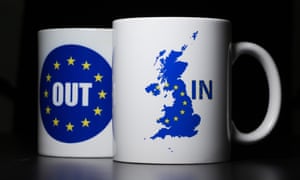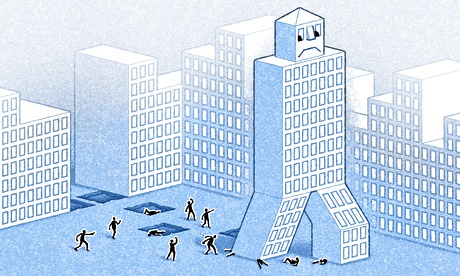The efficiency of resource allocation in an economy would be improved by a reduction in the amount of government intervention. Discuss.
Macroeconomics focuses on the behavior of the economy as a whole, and government policies play a crucial role in shaping its performance. Government interventions are implemented through fiscal, monetary, exchange rate, and regulatory policies to influence key macroeconomic variables and promote stability, growth, and social welfare. However, there are differing perspectives on the role and extent of government intervention in the economy.
Proponents of free market principles argue that reducing government intervention can lead to improved efficiency and resource allocation. They contend that markets, left to their own devices, can efficiently allocate resources based on supply and demand. Free market advocates argue that government interventions, such as taxes and regulations, distort market signals and hinder the efficient functioning of the economy. They emphasize that reducing government interference can enhance competition, spur innovation, and promote economic growth.
On the other hand, those who support a more interventionist approach argue that government interventions are necessary to correct market failures and ensure desirable outcomes. Market failures, such as externalities, monopolies, and information asymmetries, can lead to inefficient resource allocation and social costs. Proponents of government intervention contend that regulations, subsidies, and public investments are needed to address these market failures, protect consumers, and promote social welfare.
Fiscal policy plays a role in stabilizing the economy, as governments can adjust tax rates and spending levels to manage aggregate demand. Proponents of free markets argue for limited government spending and lower taxes, contending that this allows individuals and businesses to make better choices and promotes investment and entrepreneurship. However, critics of this approach suggest that during economic downturns, government spending can act as a stabilizing force by increasing aggregate demand and creating jobs.
Monetary policy, implemented by central banks, is another area where the role of government intervention is debated. Free market advocates argue for a rules-based monetary policy that allows market forces to determine interest rates and money supply. They contend that government manipulation of interest rates can lead to distortions and misallocation of resources. On the other hand, proponents of government intervention argue that central banks have a crucial role in managing inflation, stabilizing financial markets, and promoting economic stability.
Exchange rate policy also attracts differing views. Free market proponents argue for flexible exchange rates, as they allow market forces to determine the value of currencies based on supply and demand. They argue that government intervention in currency markets can lead to inefficiencies and distortions. However, proponents of intervention suggest that managing exchange rates can help countries promote export competitiveness or protect domestic industries from foreign competition.
Regulatory policies are seen by some as necessary to correct market failures, protect consumers, and maintain financial stability. Supporters of free markets argue for deregulation, emphasizing that excessive regulations can stifle innovation, deter investment, and create barriers to entry. However, proponents of government intervention believe that well-designed regulations are necessary to prevent abuses, ensure fair competition, and safeguard the public interest.
Achieving a balance between market mechanisms and government intervention is a key challenge in macroeconomic management. While excessive government intervention can lead to inefficiencies and unintended consequences, minimal intervention can also result in market failures and unequal outcomes. Finding the right level and design of government policies is crucial to address market failures, promote economic stability, and foster sustainable growth.
In conclusion, government policies play a significant role in macroeconomics, influencing key variables and promoting stability, growth, and social welfare. The perspectives of free market advocates highlight the importance of market mechanisms, competition, and limited government interference. However, proponents of government intervention argue for regulations, corrective measures, and public investments to address market failures, protect consumers, and promote social equity. Striking a balance between market mechanisms and appropriate government interventions is essential for effective macroeconomic management.











